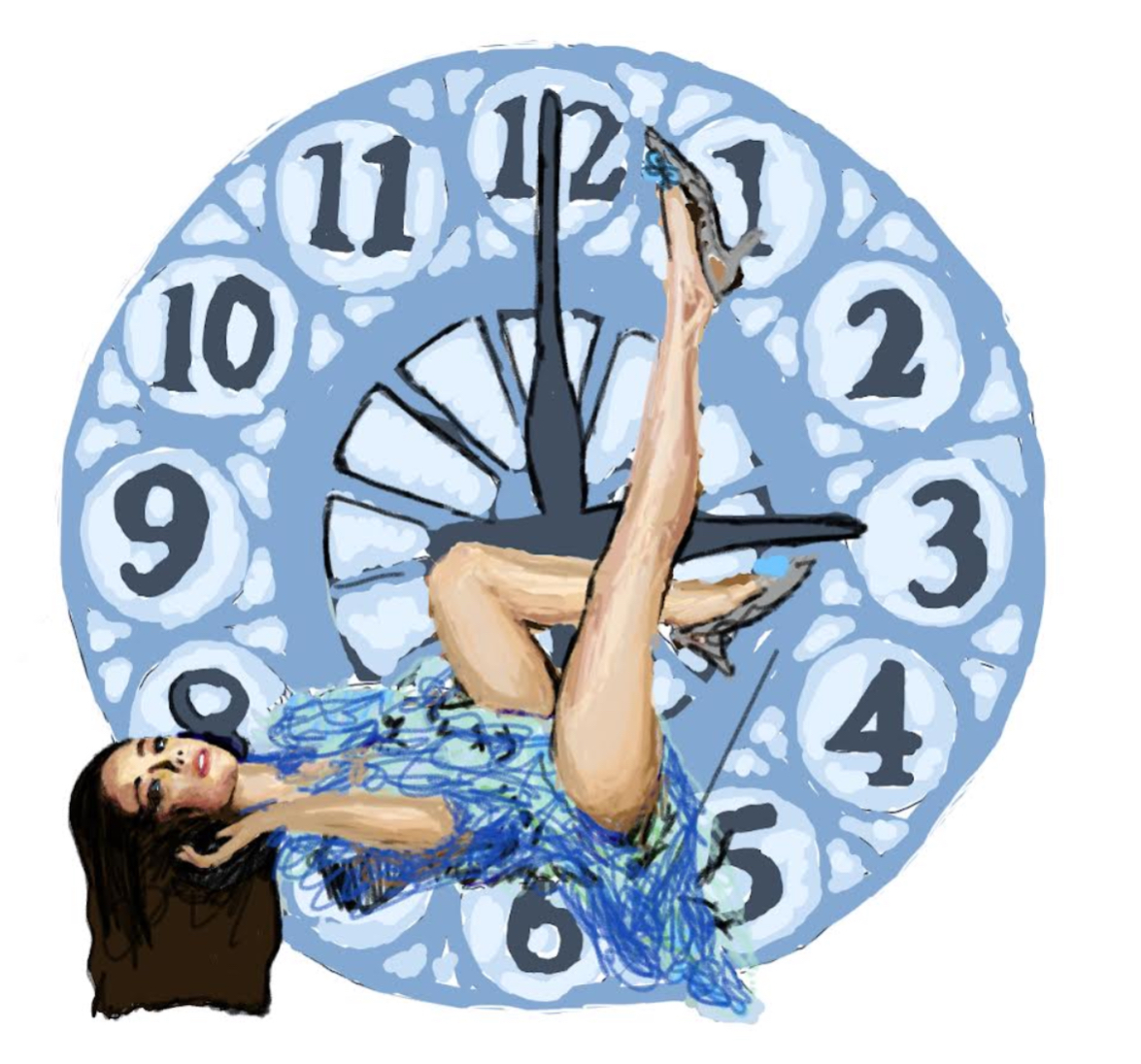February—known for chocolate hearts, candy grams, and bundles of roses—is also an important space for national reflection. Federally recognized as Black History Month, it is a time to highlight the accomplishments and achievements of the Black community. But in 2025, ethnic history has become a new startling and questionable battleground for political brawls. So why, or how do we still celebrate this historic month today?
The History
1915, 50 years since the abolishment of slavery, historian Carter G. Woodson alongside minister Jesse E. Moorland sought to promote Black achievement and excellence in the U.S. They founded the Association for the Study of Negro Life and History (ASNLH) that September.
1926, five years since the Tulsa race massacre, ASNLH’s “Negro History Week” was formed. By the 60s, with the awakening of the civil rights movement, the event reached schools, cities, and other communities; at the same time, evolving into the month-long celebration we know today.
1976, eight years after the assassination of Martin Luther King Jr., Gerald Ford became the first of nine presidents to officially recognize February as Black History Month—a pattern that has continued ever since. But what does this celebration look like now?
The Now
2025, five years since the murder of George Floyd, strangely, Black History Month has become a point of contention. Somehow, the study of ethnic histories has transformed into a fiercely debated political talking point for the country.
In Florida, the teaching of specialized curriculum has faced a wave of conservative backlash. In discussion of the developing AP African American course, Commissioner of Education Manny Diaz Jr. stated, “We proudly require the teaching of African American history. We do not accept woke indoctrination masquerading as education.”
The course failed to pass Florida’s “Stop WOKE (defined by the DeSantis administration as ‘the belief there are systemic injustices in American society and the need to address them’) Act.” Still, Florida represents only a fraction of the outrage.
So why is it important to protect Black History education and celebration?
When asked about education on our campus, sophomore Zoe Rogers, vice president for the SM Black Student Union said, “I think it’s important to teach people about other cultures. It’s a way to recognize different races on campus. It’s a way to make sure people understand what Black people are still dealing with today.”
San Marcos U.S. History Teacher Haley Snyder said, “You cannot teach U.S. History without touching on both the accomplishments and vital role of Black Americans in ensuring democracy in the United States.”
Perhaps the U.S. should stop asking whether this curriculum belongs in schools, and instead, why is education in the classroom contested in the first place?
Despite the conflict, many around the country, Santa Barbara, and even on campus, have found ways to celebrate Black History.
Celebration
So how can San Marcos students get involved?
Read a book with the Library!
Students are encouraged to read a book by a Black author and participate in the Library’s February challenge. Write a short review of the work to enter the raffle!
Five students will receive a Blenders or Lighthouse gift card on March 1st. Readers can submit their reviews in the raffle form on the SM Royals Library website. If you need inspiration, check out the comprehensive list of books written by Black authors on the same site. The last day to enter is February 28th.
Pay a visit to the BSU!
“Right now we’re doing a lot of planning, but usually we go to some college fairs like one in February. Those help us connect with other Black Student Unions,” said Zoe Rogers. This month, tune in to the announcements to listen to BSU’s Black History facts for February.
Get involved with the community!
“I think Healing Justice Santa Barbara last year did a festival, so they had Black artists come out and give speeches.” The organization also put on a wonderful Black is Beautiful Gala to highlight Black culture in Santa Barbara.
The Future
Despite the name, Black History Month is not only focused on the landmarks of the past, it is a way to highlight the accomplishments of modern day trailblazers and movements. Zoe had an especially beautiful take on the celebration, “For me, it’s more of a recognition of where we’re gonna go.”
We learn Black History to uplift Black Futures.








